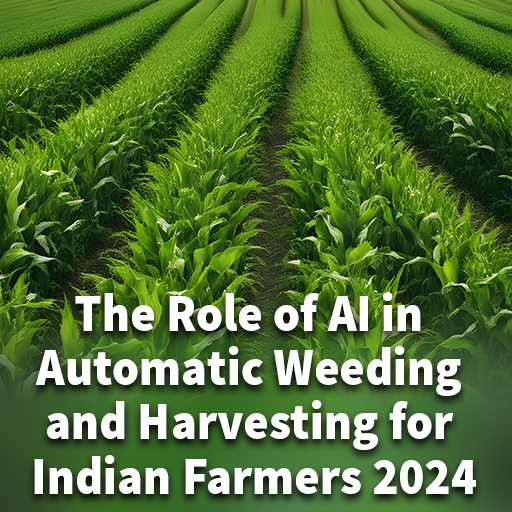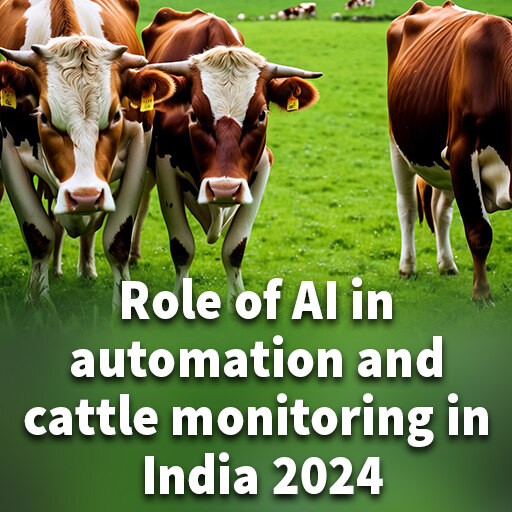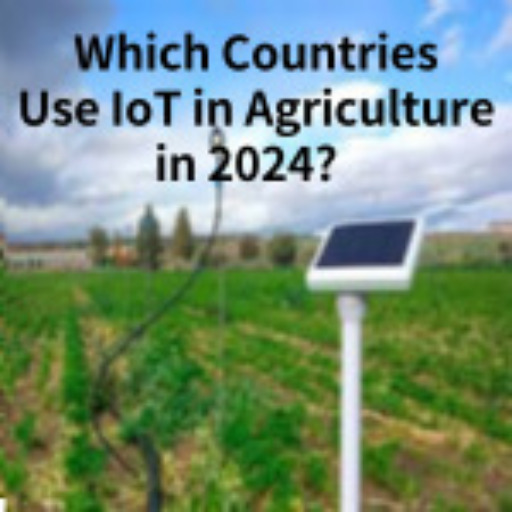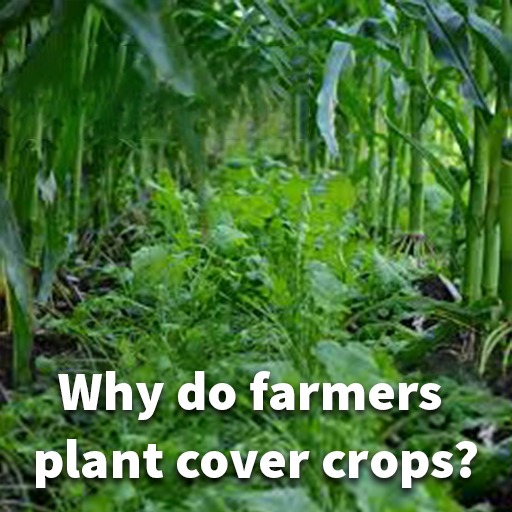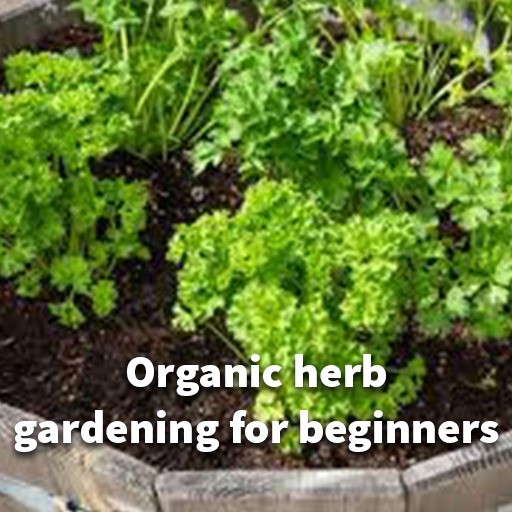In recent years, organic farming has seen a dramatic increase in popularity. One of the most obvious explanations for this trend is the increased nutritional content and better taste that organic food provides. However, its benefits are not limited to diet and nutrition. It has tremendous environmental benefits as well. In this article, we are going to explore exciting facts about the benefits of organic farming on the environment.

What is Organic Farming?
It is an integrated system of production management designed to improve the health of the agricultural ecosystem, as well as biodiversity, biological cycles, and the bioactivities of the soil. It prioritizes management approaches above off-farm inputs, as regional circumstances necessitate regionally customized systems. Agronomic and biological technologies are used wherever feasible instead of synthetic materials in order to perform any required work inside the system. Organic farming became popular as the hazardous effects of pesticides, fertilizers, and poisons on the environment became obvious.
Different types of organic farming
Pure Farming:
Pure Organic Farming doesn’t utilise any synthetic chemicals in its operations. Only organic manures, fertilisers, and biopesticides derived from natural sources are used.
Integrated organic farming:
This system works by integrating organic farming with nutrient management and integrated pest management. Farmers here use natural resources to cultivate their crops, much as they would in an organic farming. They may also use other things to boost the crop’s nutritional value and keep pests away.
Methods of organic farming.
Soil Management:
Natural fertilizers are used in soil management, which requires replacing the soil’s nutrients after each following cropping season.
Weed Control:
Chemical weedicides are avoided in farming. farming uses natural weedicides such as mowing, trimming, and mulching instead of mechanically pulling weeds because it is more time- and labor-intensive.
Biological Pest Management:
Organic farmers employ living things as a means of natural pest control since all organic farming methods prevent the use of pesticides. Weevils, for example, may be used to limit the unrestrained spread of water hyacinth (a kind of beetle).
Green manure and composting:
In organic farming, it is strongly recommended to use plant and animal products that are high in nutrients. Composting fertilisers and manures makes nutrients more accessible to soil bacteria.
Ecological benefits of organic farming:
A long-term strategy for sustainability
There are many long-term changes in the environment that occur slowly over time. Organic agriculture takes into account the intermediate and long-term impacts of agricultural activities on the agroecosystem. Organic farming is proactive, rather than reactive, in its approach to dealing with issues.
Promotes healthy soil formation:
Organic farming relies on non-chemical methods of soil management that are preferable in terms of their long-term effects on the soil’s health. Organic farming uses methods that closely resemble those found in nature, ensuring that the planet is not polluted by synthetic chemicals. As a result, the soil keeps its innate capacity for long-term health and growth.
The carbon and nitrogen cycles of the soil are well-balanced when using organic techniques, resulting in a healthier and more productive environment. Additionally, the soil’s natural nitrogen fixation is boosted by the large preservation of beneficial microbes. Studies show that 1 billion useful microbes from 15,000 different species can live in just a teaspoon of compost-rich organic soil. On the other hand, there are less than 100 beneficial bacteria in the same volume of chemically treated soil.
Combats global warming:
By allowing carbon to be stored in the soil, organic farming reduces the greenhouse effect and hence the rate of global warming. Carbon is returned to the soil via several organic farming techniques (such as minimal tillage, returning crop leftovers to the soil and increasing the integration of nitrogen-fixing legumes), which raises output and promotes storage of carbon in the soil. Studies have shown that organic farming yields much greater levels of organic carbon in the soil. The ability of agriculture to slow climate change varies directly with soil organic carbon content.
Water Conservation:
A big problem in many agricultural areas is that synthetic fertilisers and pesticides pollute groundwater streams. Soil structure and water penetration are improved by the use of higher biodiversity (in terms of species farmed and permanent vegetation) as well as the use of organic fertilisers (compost, animal manure, green manure, etc.).
The danger of groundwater contamination may be considerably reduced by well-managed organic systems with greater nutrient retention capacities. As a remedial approach, conversion to organic agriculture is strongly urged in regions where pollution is a serious issue.
Reducing Chemical Exposure
Pesticides are often used by farmers in order to get the most out of a limited amount of land. In order to increase agricultural productivity, these insecticides artificially enhance the crops’ resistance to disease. But this method pollutes the soil in the long run, which is a side effect. Soil erosion is exacerbated by the synthetic chemicals that are often used to support agricultural practises like crop rotation.
In general, organic farming discourages the use of dangerous chemicals, which helps to protect the natural environment. Indeed, organic farming may save nearly 500 million pounds of pesticides from contaminating our food supply and environment every year.
Promoting Biodiversity:
Organic farming uses less harmful pesticides and fertilisers, which wash away plants and animals that are important to the ecosystem. Consequently, plants, animals, insects, and birds are able to live and prosper in their natural habitat, preserving ecological equilibrium.
Preserves Animal Health and Welfare: As previously stated, organic farming helps to preserve the natural ecosystem, allowing animals to live healthily on farmlands. Animals raised on organic farms benefit from the pure, chemical-free grazing keeping them naturally healthy and disease-resistant.
Negative aspects of organic Gardening
There is a widespread belief that organically cultivated food is better for you and the environment. Contrary to popular belief, organic farming has disadvantages at the same time. Organic farming has a few drawbacks as listed below:
Organic farming is labour intensive.
Organic farming is labor-intensive and requires more hands-on effort than conventional farming does. For organic farmers, soil fertility must be managed only by using animal and other organic waste fertilisers and crop rotation, together with specialised cultivation practises and cover crops. In the absence of pesticides, they must utilise physical, mechanical, and biological methods to keep pests, illnesses, and weeds under control.
Organic products costs more.
Organic farming requires more effort and organic feeds are more expensive since pesticides and herbicides aren’t used. As a resultorganic foods are more costly because the additional expense is passed on to the customer. It’s great if the economy is healthy and people have the money to spend a little extra for organic groceries.
Conclusion:
An increasing number of people are becoming concerned about the effects of their everyday actions and choices on the environment, which has led to a surge in interest in organic farming in recent years. organic farming produces food of superior quality and taste, without the use of synthetic chemicals or genetic alteration, while also preserving the natural environment, the welfare of farm animals, as well as rural communities.
FAQs
What makes organic so fascinating?
According to research, children who consume organic food had lower levels of pesticides in their urine than those who consume a conventionally produced diet. it is more environment friendly and sustainable. Organic agricultural practises do not contaminate streams or land like traditional farming methods.
What are the limitations of organic farm?
- A lack of awareness.
- Becuase of the higher demnd, organic products are costly.
- Due to the lack of artificial preservatives, organic goods have a lower shelf life.
You can visit our previous blog : 7 Reasons Why You Should Invest in Farming.




